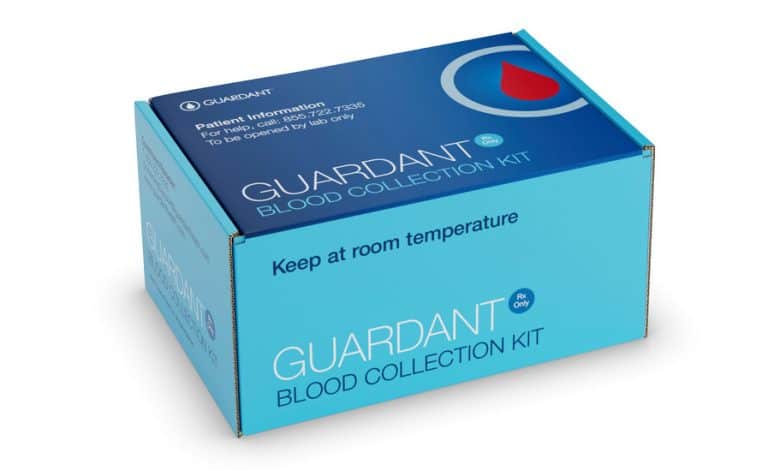F.D.A. Panel Endorses Safety of Colon-Cancer Blood Test

A committee of experts that advises the Food and Drug Administration voted by large majorities on Thursday that a new blood test to screen people for colon and rectal cancers was safe and effective, and that its benefits outweighed its risks.
But the group cautioned that the blood test had limitations and added that they were endorsing it with the hope that it would increase the abysmally low number of people who are regularly screened for this cancer.
The F.D.A. usually follows the advice of its expert committees.
In the United States, about 150,000 people are diagnosed with colon and rectal cancers annually, and about 53,000 are expected to die this year. Most who are screened for the disease receive a colonoscopy or a fecal test. The F.D.A. approved these methods long ago, and research has demonstrated that they are more accurate than the new blood test, Shield, made by Guardant Health of Palo Alto, Calif.
But for people with average risk of the disease, a blood test would offer convenience — no difficult preparation, fasting or anesthesia needed as is the case for a colonoscopy, no ick factor of a self-administered fecal test. It still must be followed by a colonoscopy if cancers or pre-cancers are detected.
The biggest issue with the blood tests is that, unlike colonoscopies, they miss most of the precancerous growths on the colon that, if detected and removed, would prevent a person from developing cancer. That, said Dr. Stephen M. Hewitt, a committee member from the National Cancer Institute, “really undermines the concept of cancer prevention.”
The test, said Charity J. Morgan, a committee member who is a biostatistics professor at the University of Alabama, Birmingham, “is better than nothing for patients who are getting nothing, but it is not better than a colonoscopy.”